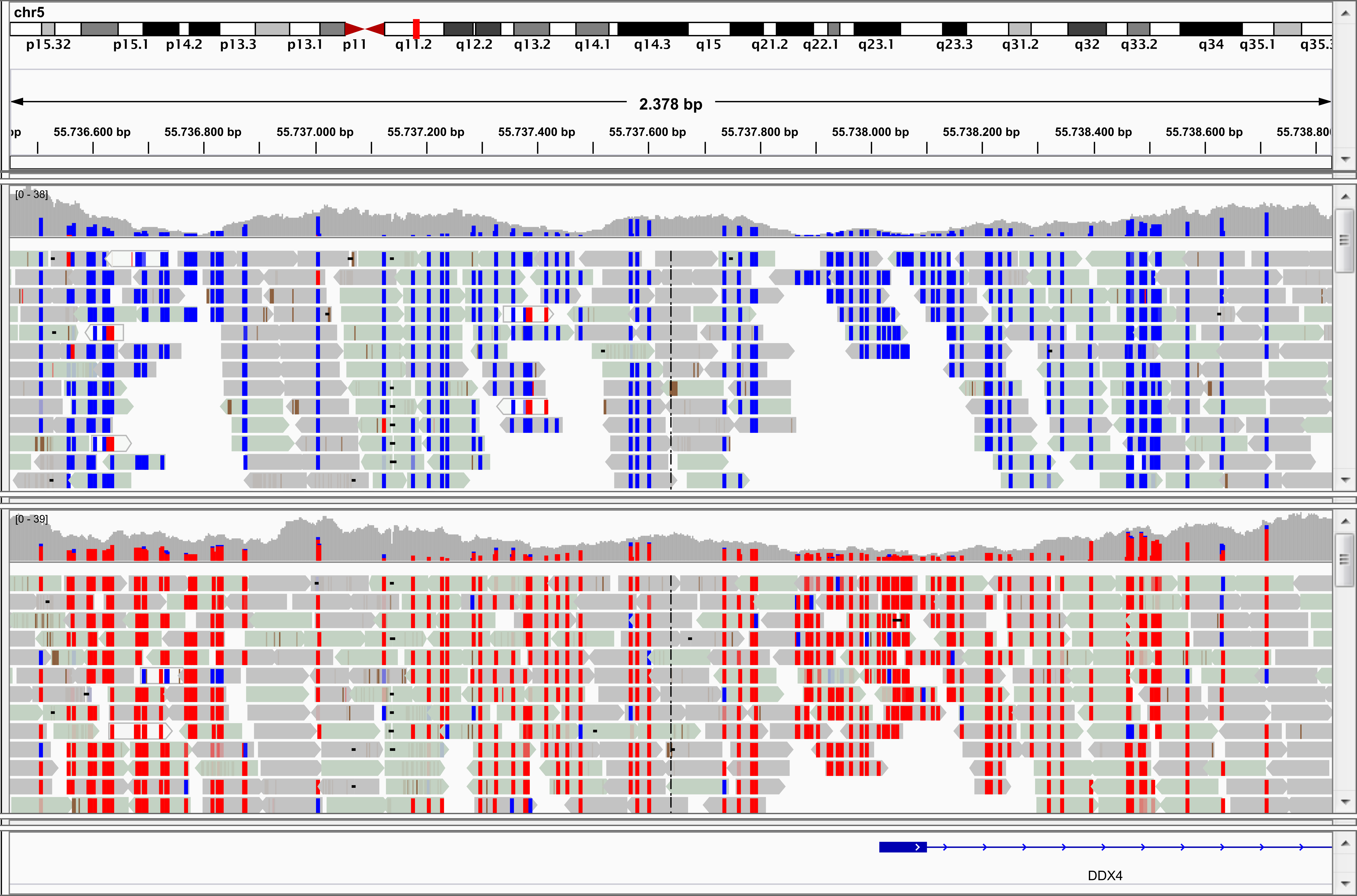







We are interested in the principles of endocrine regulation of spermatogenesis and to which extent disturbances in the endocrine feedback mechanism of the hypothalamic-pituitary-testis axis effect spermatogenesis. Here we are working on genetic determinants of the glycoprotein hormones and receptors such as FSH and FSH receptor or LH/CG and LHCG- receptor and clinical entities as male infertility and Klinefelter syndrome. The projects are being conducted in a strictly translational approach making use of our huge DNA biobank from the Clinical Andrology Department. Moreover, spermatogenic impairment either due to genetic or epigenetic causes are in the focus of our interest. This area spreads from the routine diagnosis of microdeletions of the Y chromosome and single nucleotide polymorphisms in our patient cohort to the application of highly innovative technologies such as deep bisulfite sequencing to evaluate epigenetic mosaicisms in sperm of infertile men.
Currently our research group works mainly on four topics in male reproduction: